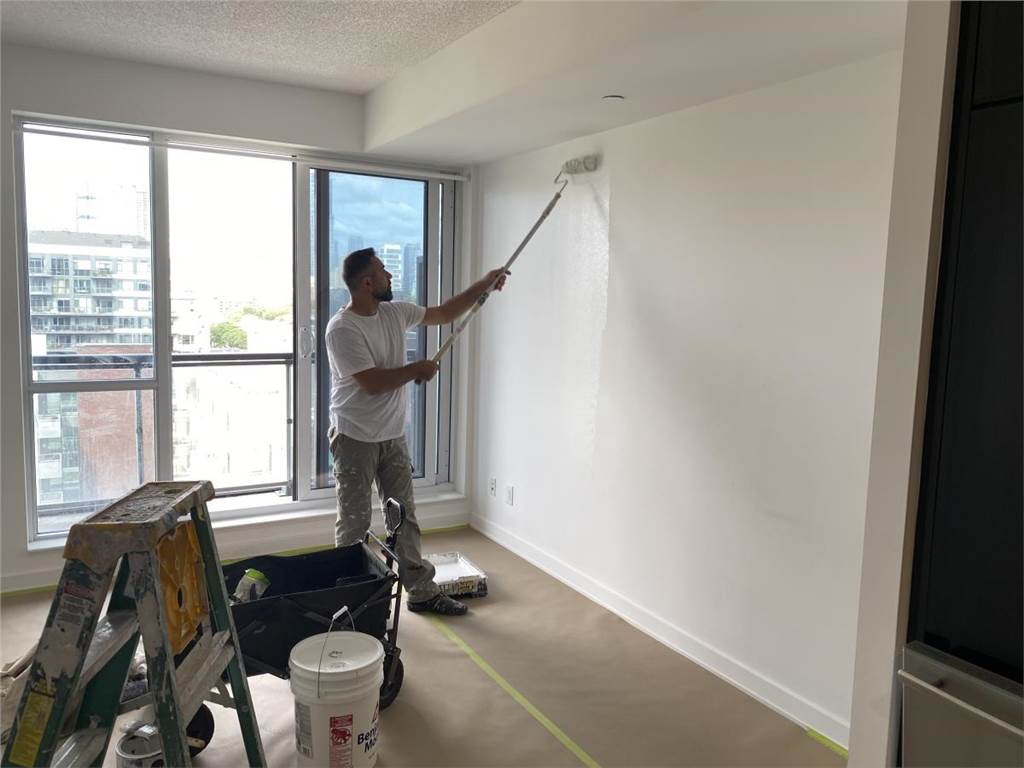
How Long Will Your Interior Paint Job Last?
You just had your interior surfaces painted and the job looks fabulous. You might be asking yourself how long this paint job is going to last. The lifespan of an interior paint job depends on a few different factors, which we'll go over in this blog post. Keep reading to learn more about what affects the longevity of your newly painted surfaces!
How Long Will Your Interior Paint Job Last?
Unfortunately, there is no easy answer. There are many variables that go into the cost of painting services, including the type of paint used, the size and complexity of the project, and the level of experience and expertise of the painter.
That said, there are a few things to look for when choosing a painting contractor to ensure you're getting quality work. Make sure the contractor is licensed and insured, ask for references from past clients, and get quotes from several different contractors before making a decision.
The Cost of Painting Services:
The lifespan of an interior paint job can be affected by the cost of painting services in a few ways. The most obvious way is through the quality of the paint job itself. A less expensive paint job is likely to not last as long as a more expensive one, because it will typically involve less preparation work and use lower-quality paints.
Another way that the cost of painting services can affect the lifespan of an interior paint job is through how often the painter comes back to touch up any areas that may have begun to fade or peel. A cheap paint job may not include this extra touch-up work, which means that the paint may start to look bad sooner than it would with a more expensive paint job.
Type of Paint:
Different types of paint have different chemical compositions, which can affect how long they last. For example, latex paint is more resistant to fading and chipping than oil-based paint. However, oil-based paint may be a better choice for high-traffic areas or areas that are subject to moisture, since it is less likely to peel or blister under these conditions. Ultimately, the type of paint you choose should be based on your specific needs and preferences.
The complexity of the Project:
The more complex the project, the longer the paint job is likely to last. This is because a complex project will require more preparation and attention to detail, which will help to ensure that the paint job lasts for as long as possible. Conversely, a simple paint job with no prep work may not last very long at all.
In general, however, a well-done interior painting job should last anywhere from 5 to 10 years before requiring any touch-ups or repairs. However, if there are significant wear and tear or damage to the walls (usually as a result of pets or children), then the job may need to be redone sooner.
The expertise of the Painter:
The expertise of the painter is important in determining the lifespan of an interior paint job. A professional painter will know how to prepare the surface properly and use the right type of paint, which will help to ensure that the paint lasts longer. Additionally, a professional will be able to apply the paint in a way that minimizes wear and tear, which can also help to extend the life of the paint.
The Quality of the Surface:
The quality of the surface definitely affects the lifespan of the interior paint job. If the surface is not properly prepared, the paint will not adhere well and will start to peel off soon. On the other hand, if the surface is too smooth, the paint may not have anything to "grab onto" and can also start to peel. The key is to find a balance - a surface that is neither too rough nor too smooth. This way, your paint job will last much longer.



